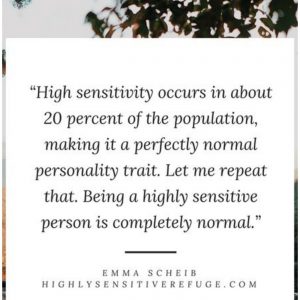Highlighting The System Of Education in Dubai
The system of education in Dubai is not different from those of its neighboring Emirates. In fact, the system was established throughout the United Arab Emirates (UAE) right after the country’s independence in 1971.
In public schools, for example, Arabic is used as the medium of instruction, while English is the preferred second language. On the other hand, English is the medium of instruction in most of the private schools. All schools in Dubai, whether public or private, cater to both Emiratis and expats.
Accreditation of all schools in Dubai, as well as those in the six other Emirates, is the responsibility of the Ministry of Education of the UAE. In July 2005, the Dubai Education Council (DEC) was created, with the specific task of developing and enhancing Dubai’s education sector. This is to ensure that the quality of education in Dubai, at all its many levels, meets international standards. The mandate is, of course, premised on that the cultural and social values should not be lost in the process.
Preschool and Primary Education:
Upon reaching the age of five, a child has to attend nursery school prior to entering the six-year primary school. Entrance tests are conducted in some of the private primary schools in Dubai. Among the most popular primary schools there are those that teach the British curriculum. Three of these are the Dubai English Speaking School, the King’s School, and the Jebel Ali Primary School.
Preparatory and Secondary Education:
Upon completion of the six-year primary education, the child (usually he or she is 11 years old by this time) moves to the three-year preparatory school. From here, the child (now in his/her teens) goes to secondary school. The child will have to take a basic exam for the purpose of evaluating his/her educational aptitude.
There are now many K-12 schools (short for Kindergarten through Grade 12) in Dubai that offer the American syllabus. Three of the most popular ones are the American School of Dubai (ASD), the Dubai American Academy (DAA), and the Universal American School (UAS).
Higher or Tertiary Education:
It used to be that the availability and standard of post-secondary education in the Emirate were limited. Because of this, many expats chose to send their children back to their country for further education. Today, however, Dubai boasts of many foreign-accredited universities.
Five of these universities are enumerated here: the Hariot-Watt University (of Scotland), the University of Wollongong in Dubai (an affiliate of the University of Wollongong in New South Wales, Australia), the Mahatma Gandhi University (of India), the Al Ghurair University, and the British University of Dubai.
Also, the Michigan State University Dubai (MSU Dubai) now offers Bachelor’s and Master’s degree programs much like those offered by the MSU in its East Lansing, Michigan campus.
The costs of sending children for education in Dubai vary a great deal. While getting an education in a public school is generally free, it can be very expensive for those planning to send their children to a private school.
Schools in Dubai are closed in the months of July and August for the long summer holidays.




